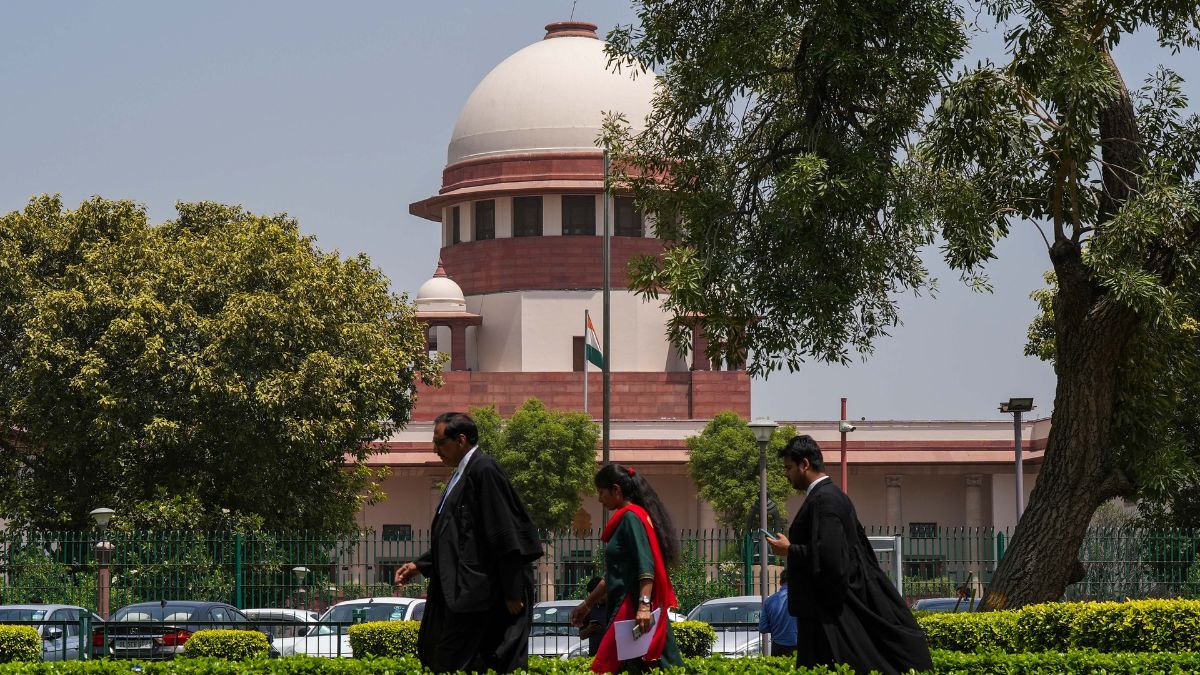The Supreme Court of India has agreed to a landmark settlement by fugitive Sadesara brothers, Nitin and Chetan Sandesara, in a bank fraud case involving Rs 5,383 crore (approx. 1.6 billion). The court’s verdict permits them to drop all the criminal proceedings against them if they pay one-third of the dues, approximately Rs 1,500 crore by December 17, 2025, the Supreme Court order, published on its website on Friday.
This marks a significant verdict and development in the high-profile case linked to Sterling Biotech and other businesses promoted by the brothers.
The Sandesara brothers fled India in 2017 on Albanian passports after being accused of defaulting on massive domestic and overseas bank loans sanctioned by a consortium of Indian banks including Andhra Bank, UCO Bank, State Bank of India, Allahabad Bank, and Bank of India.
The loans were extended through various schemes involving other foreign branches as well. Investigation found that there was huge loss and financial irregularities alleging fraud with the funds.
The Supreme court observed that the primary objective was the recovery of the public money, and settle the amount, continuing the criminal proceedings. However, the court clarified that this case should not be treated as a precedent to the future cases.
The brothers’ lawyer, Mukul Rohatgi, said that they were agreeable to pay a settlement of $570 million, and set a December 17 deadline.
India’s federal crime fighting agency accused the brothers, known for throwing lavish parties attended by Bollywood stars, of duping banks to the tune of $1.6 billion, though they denied the allegations.
Quick Reads
View AllWhile facing multiple charges, under the Prevention of Money Laundering Act (PMLA) and other legal provisions, the Sandesara brothers have consistently denied such accusations and wrongdoing.
The Sandesara settlement impact is closely watched as it raises important questions about India’s handling of vast corporate frauds and balance between justice and financial recovery.
The ruling could open the way for economic offenders to strike similar settlements, leaving lenders struggling to recover their entire dues, said Debopriyo Moulik, a Supreme Court lawyer in independent practice.
(With inputs from agencies)
)